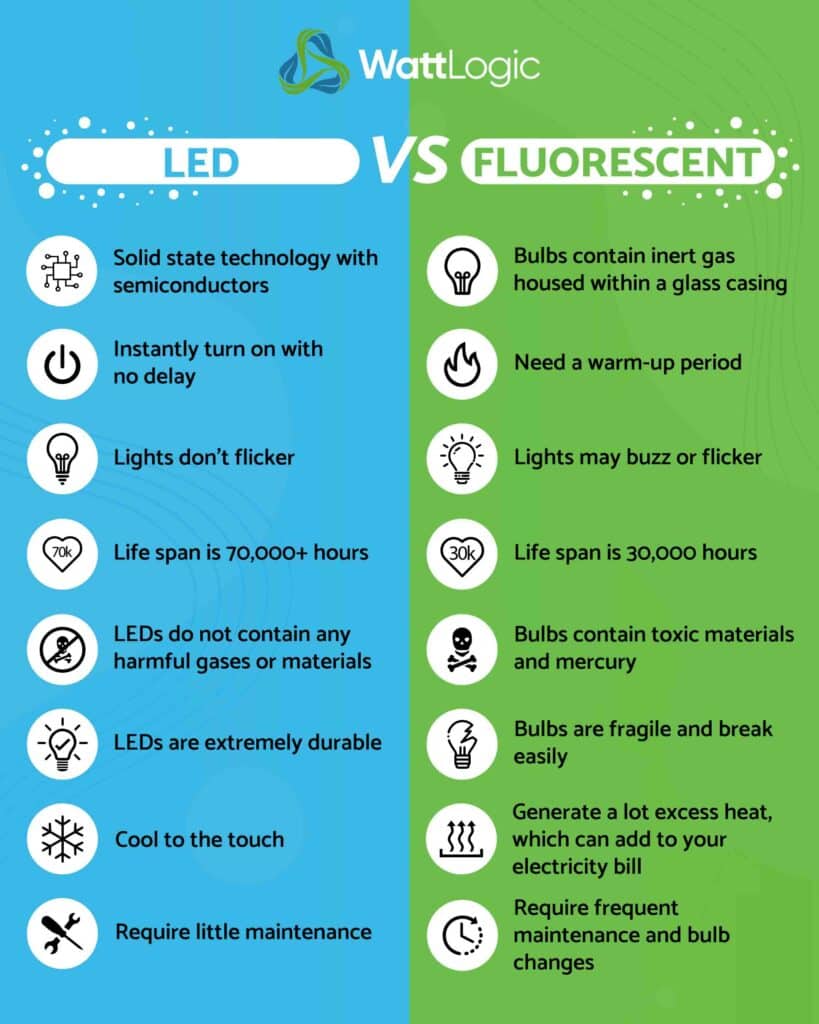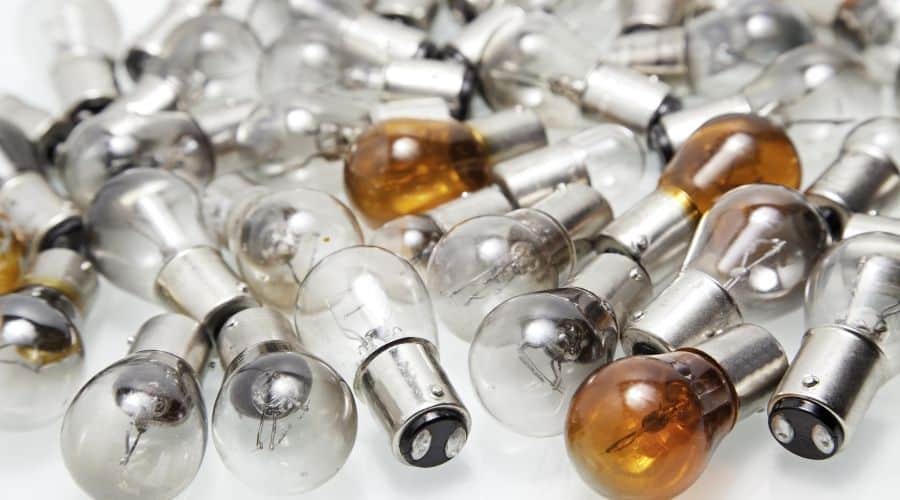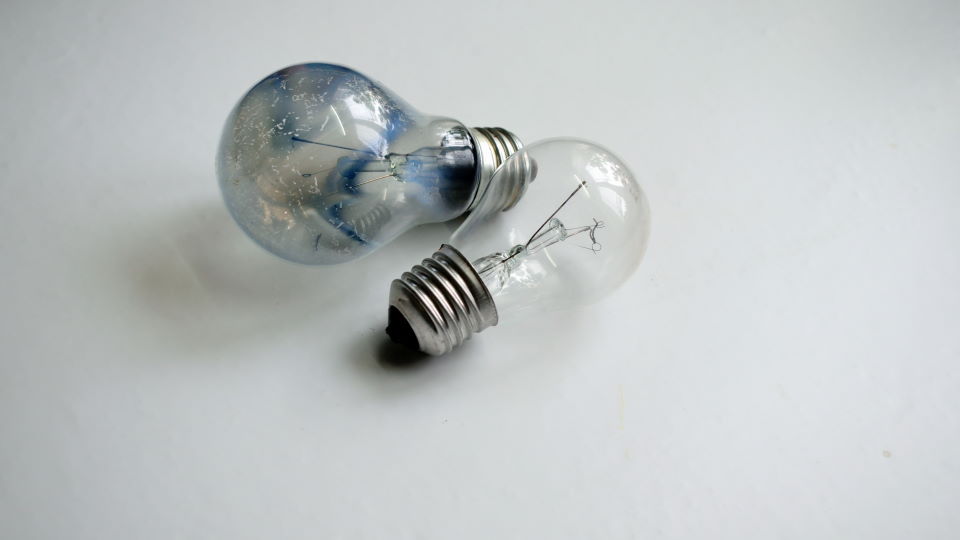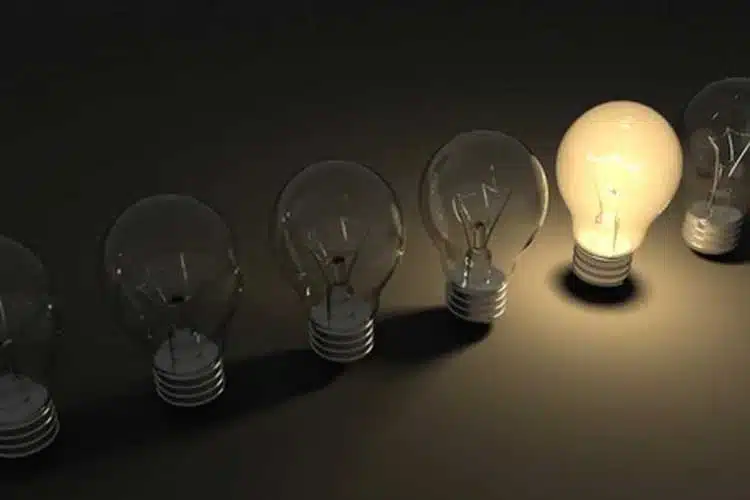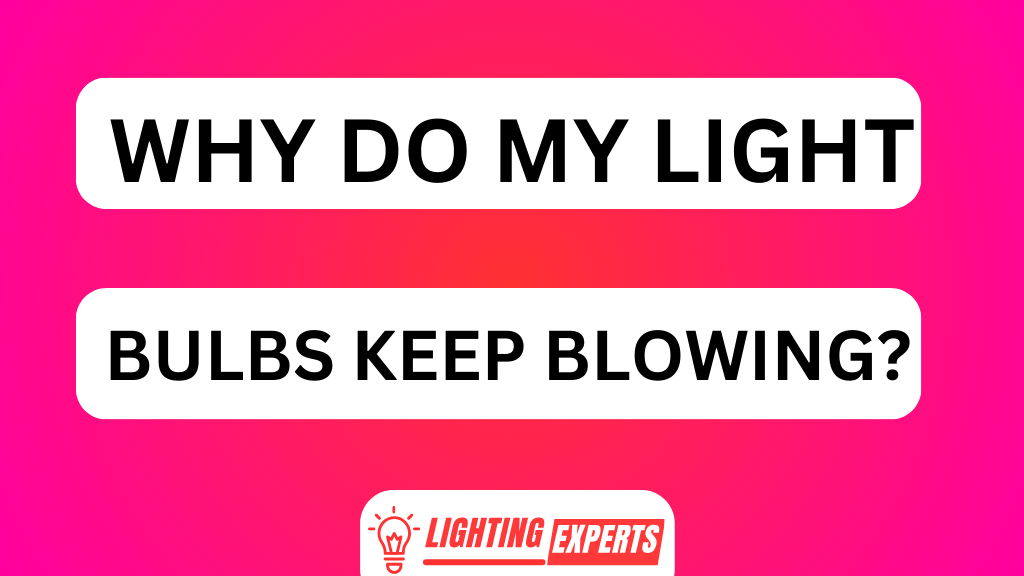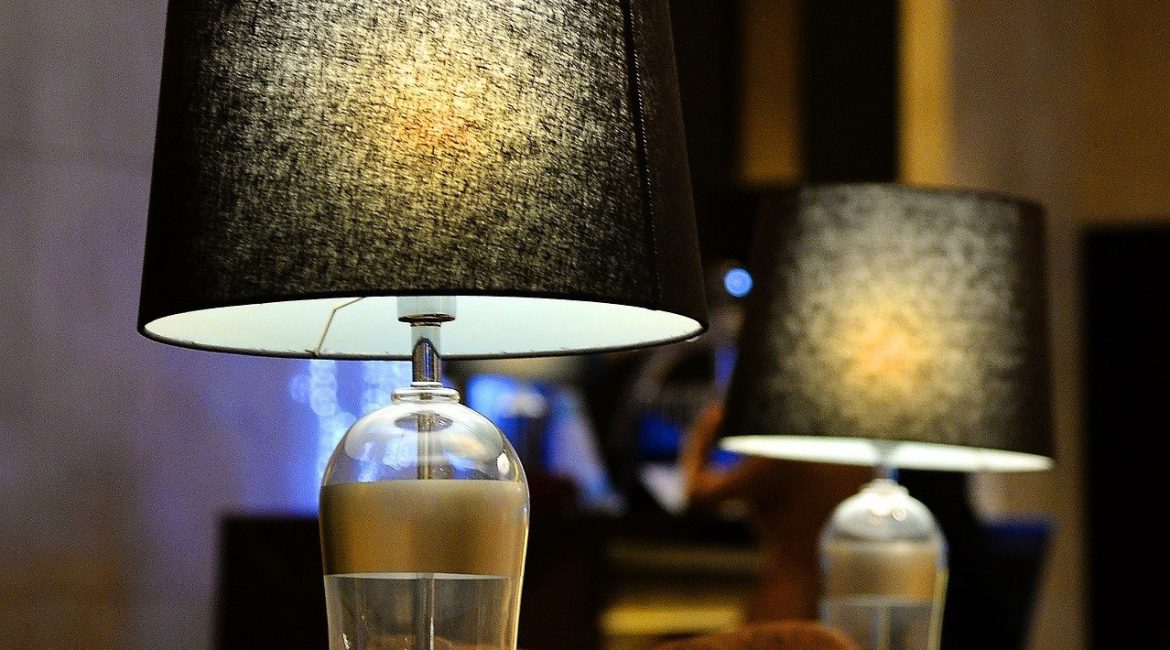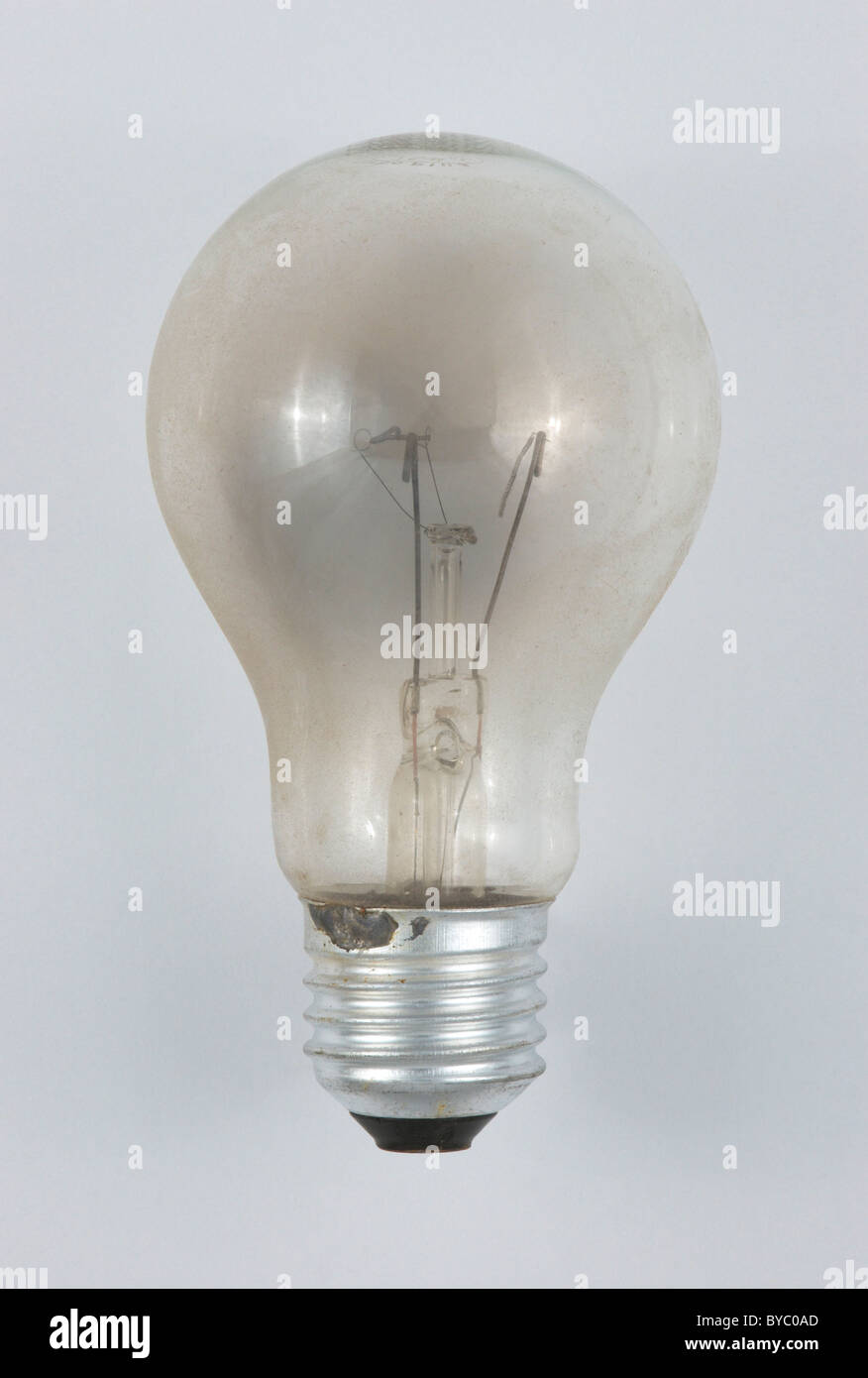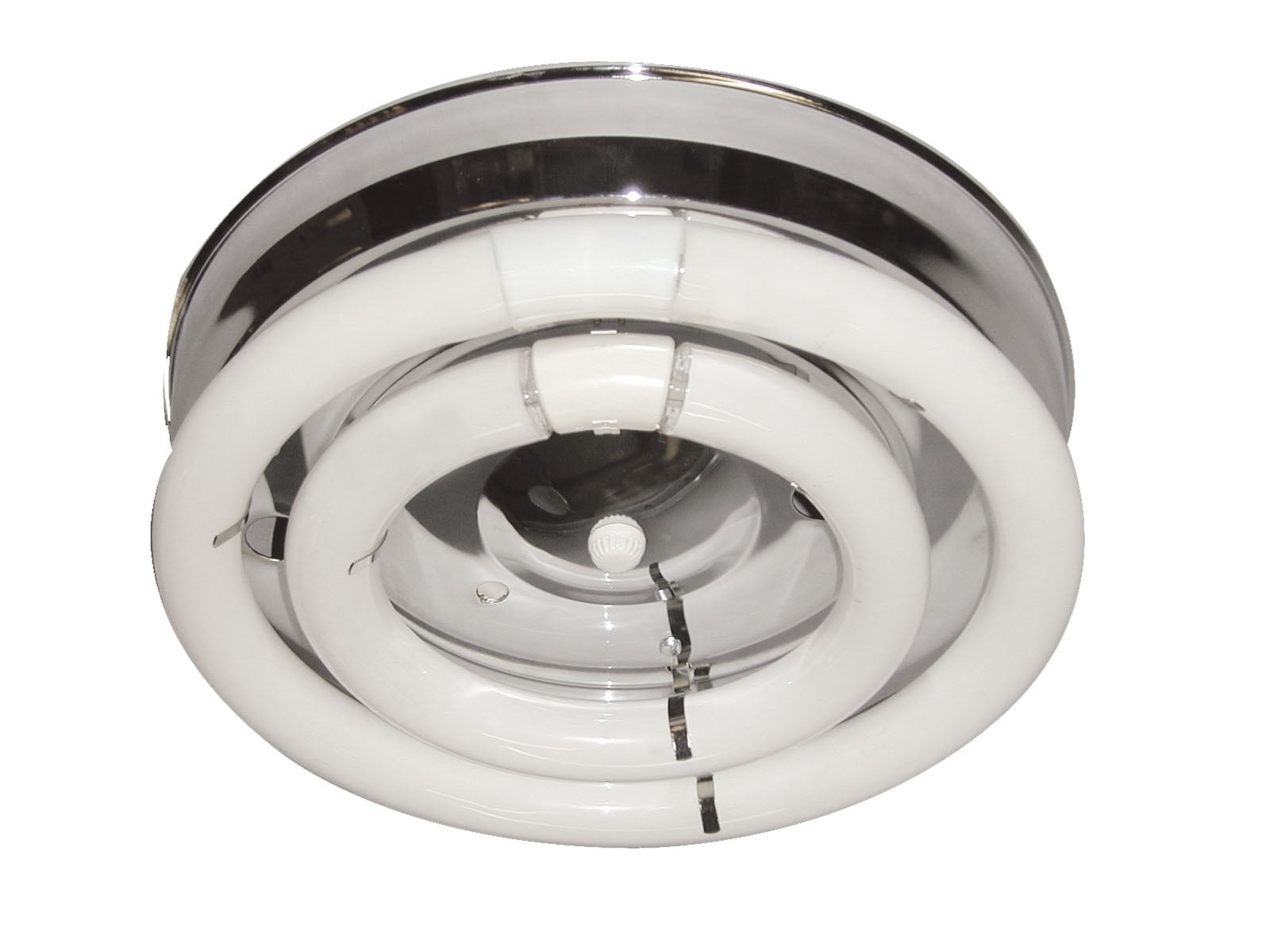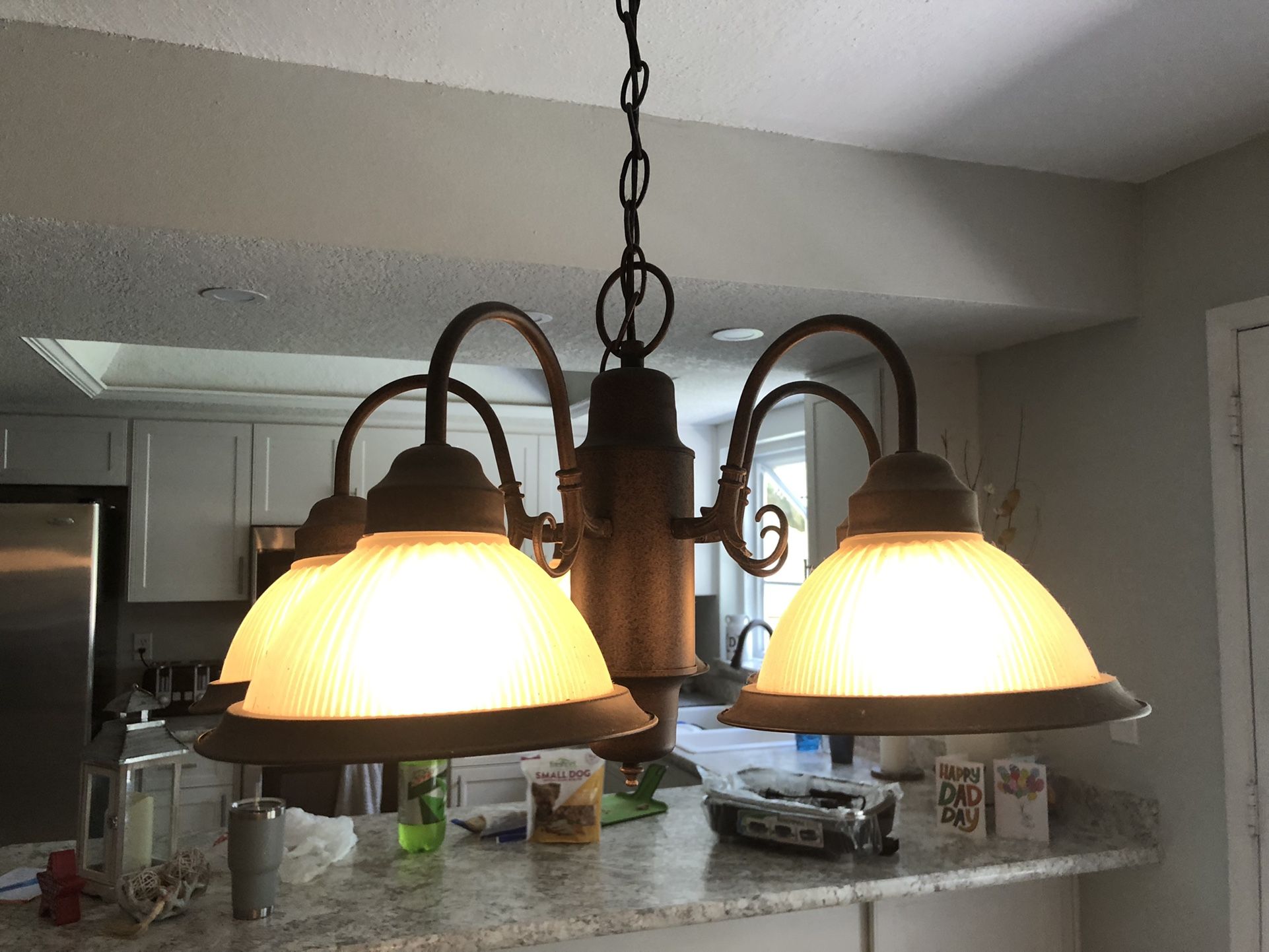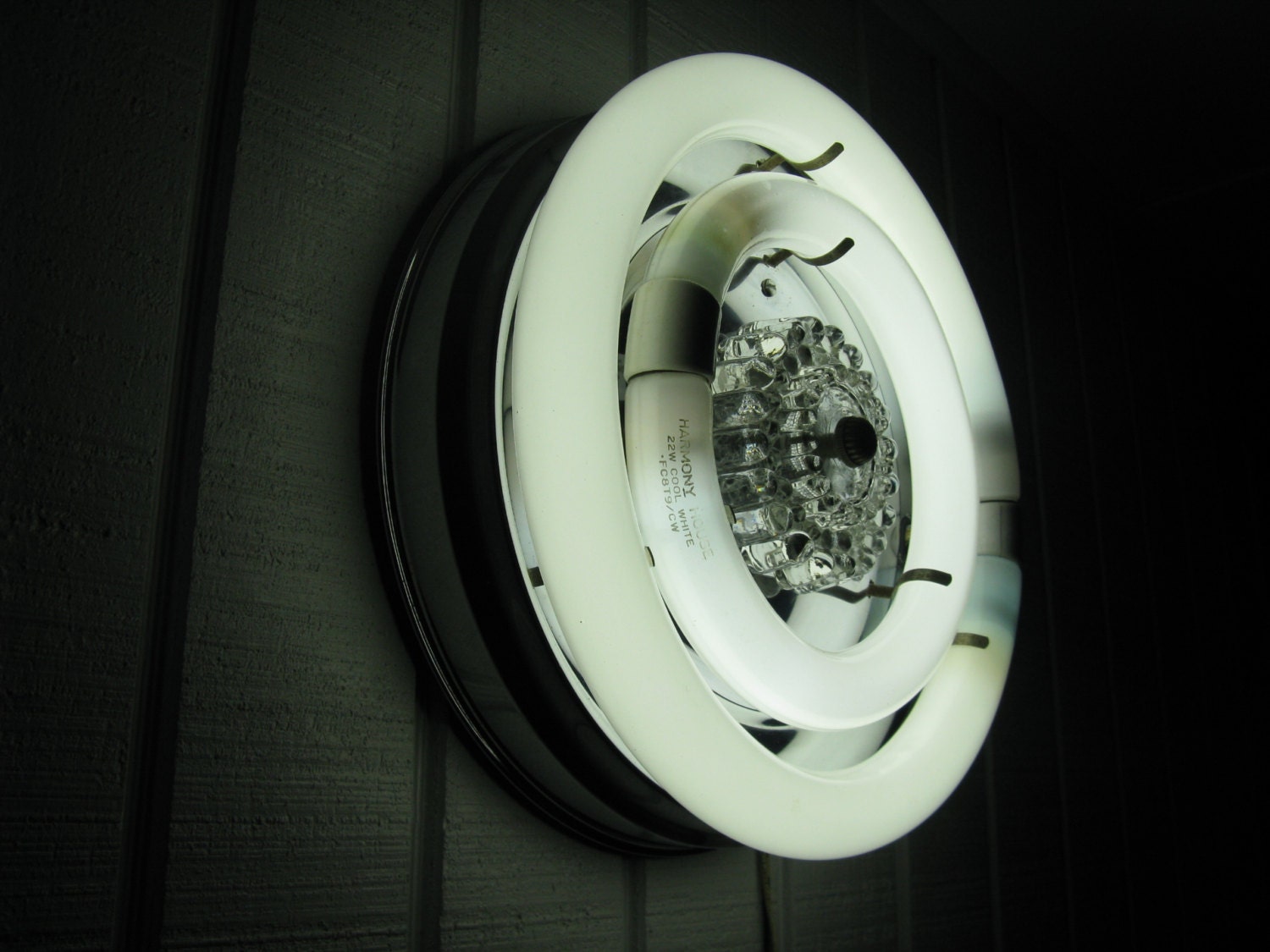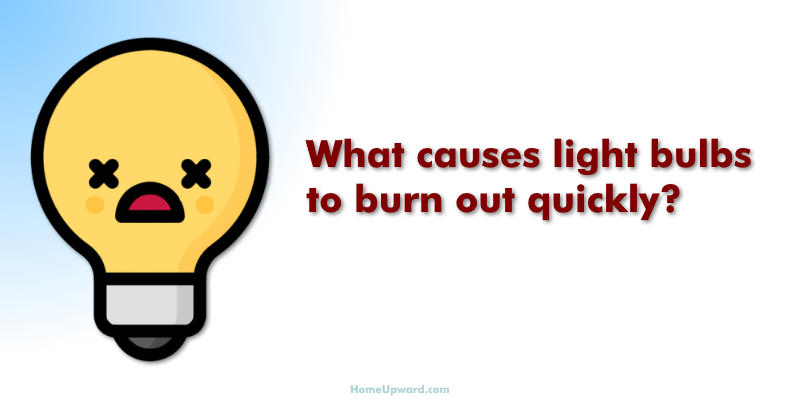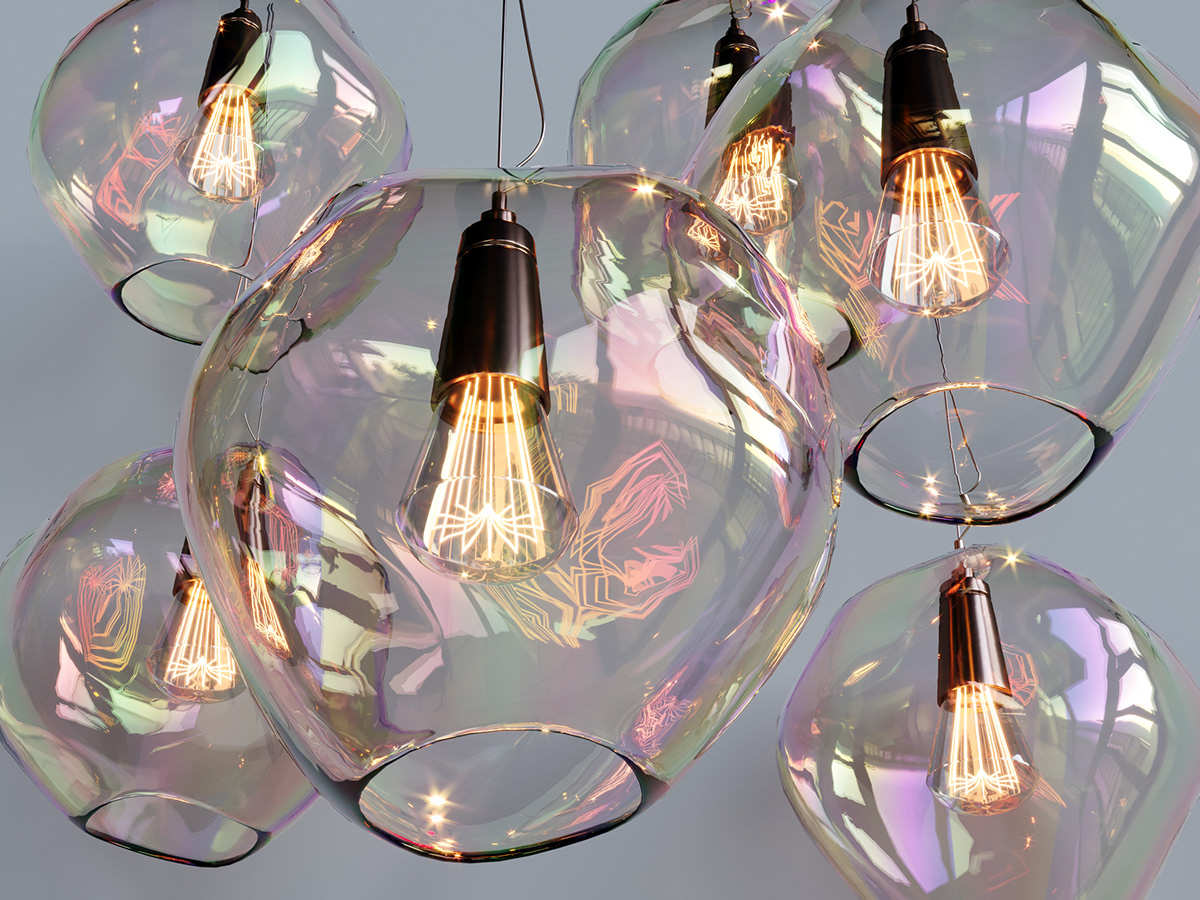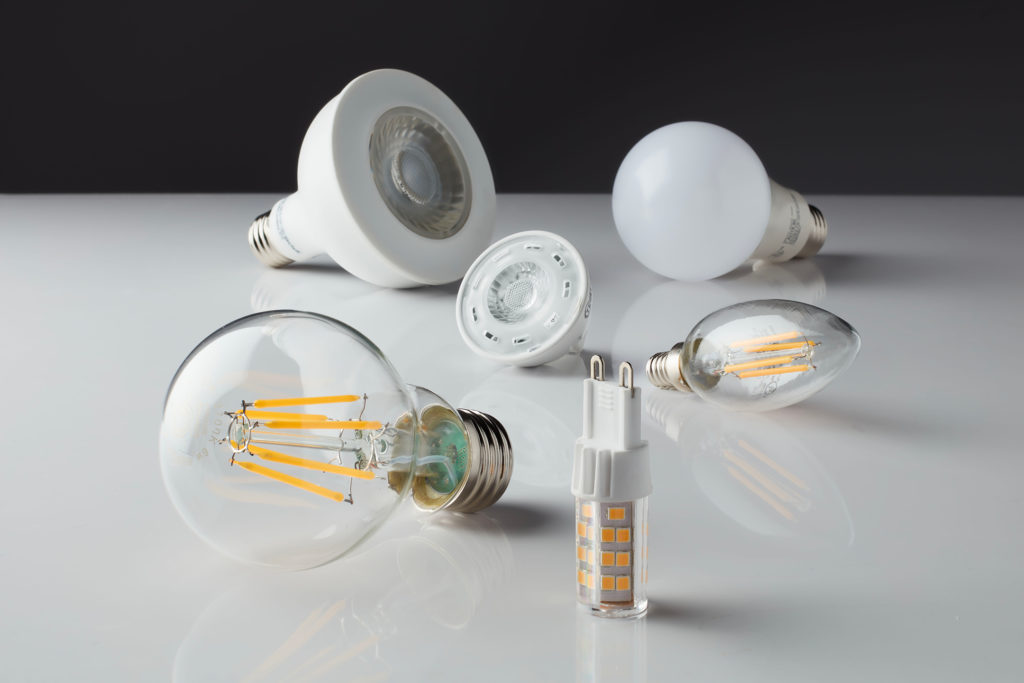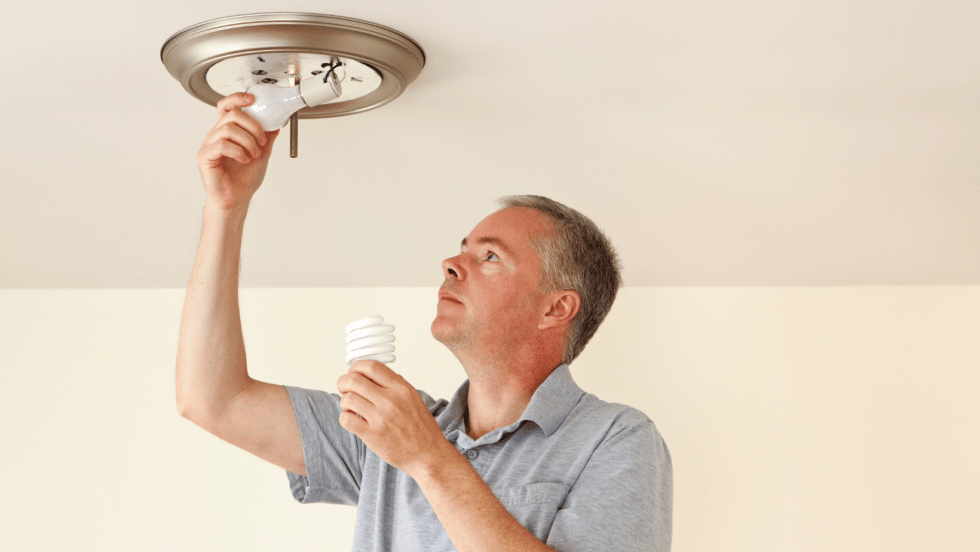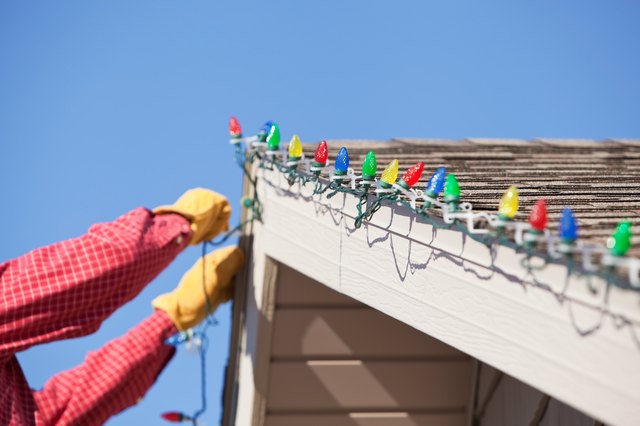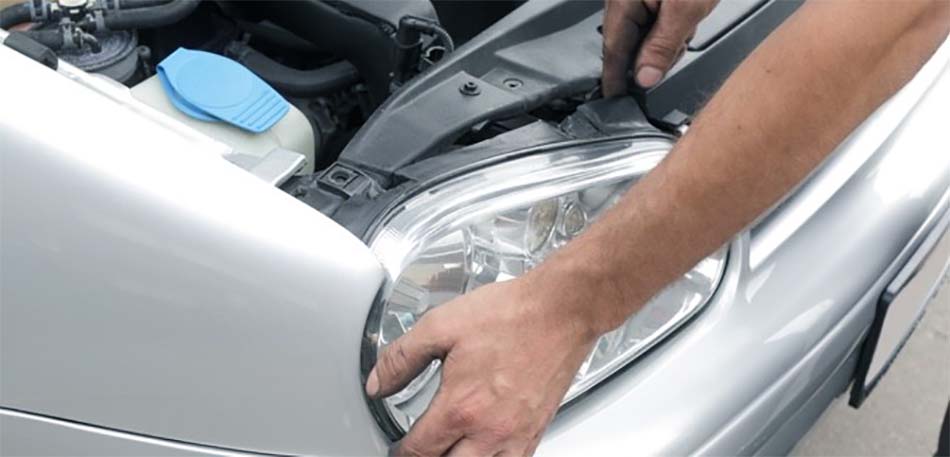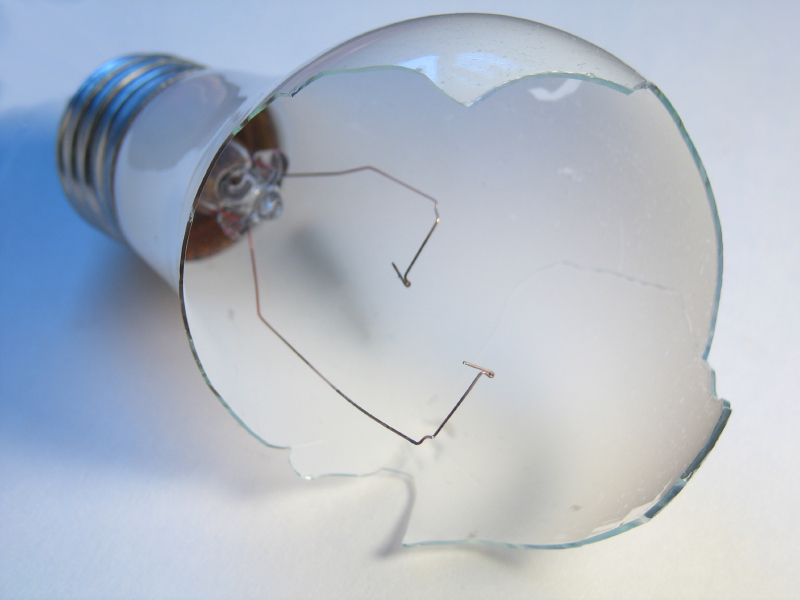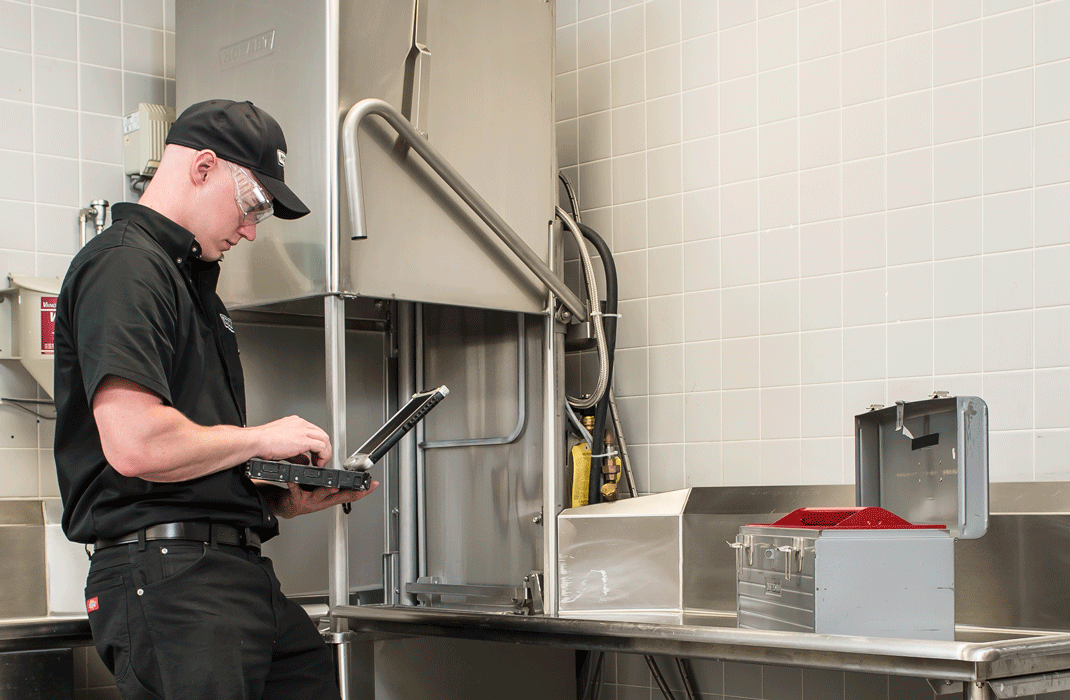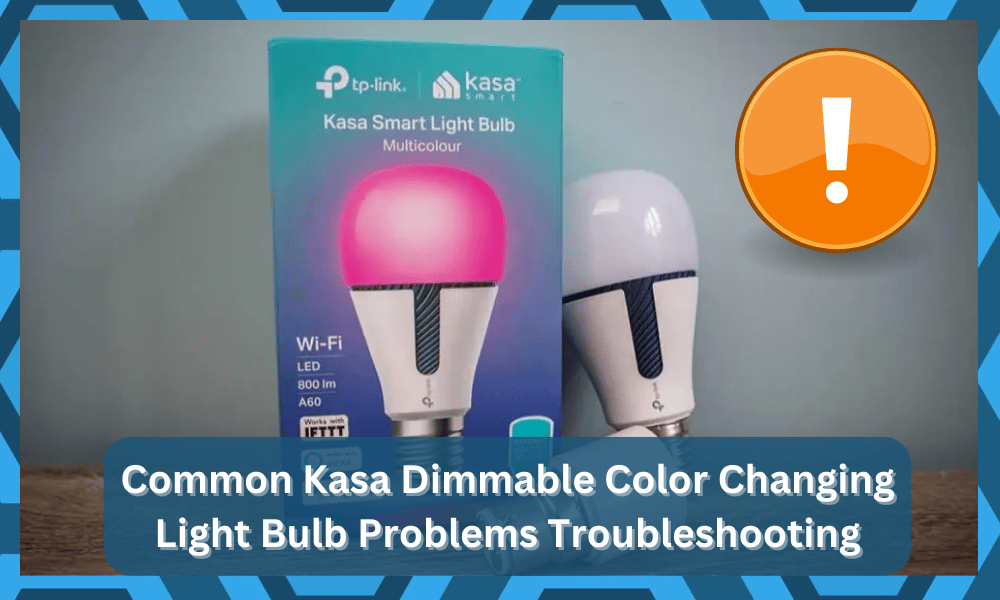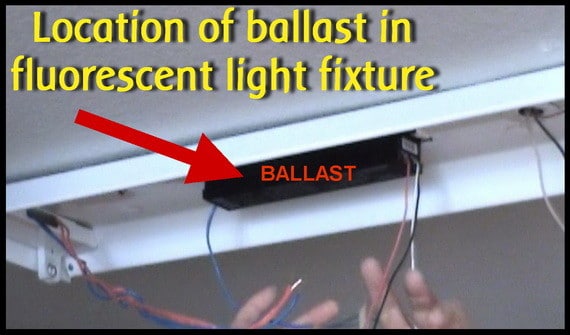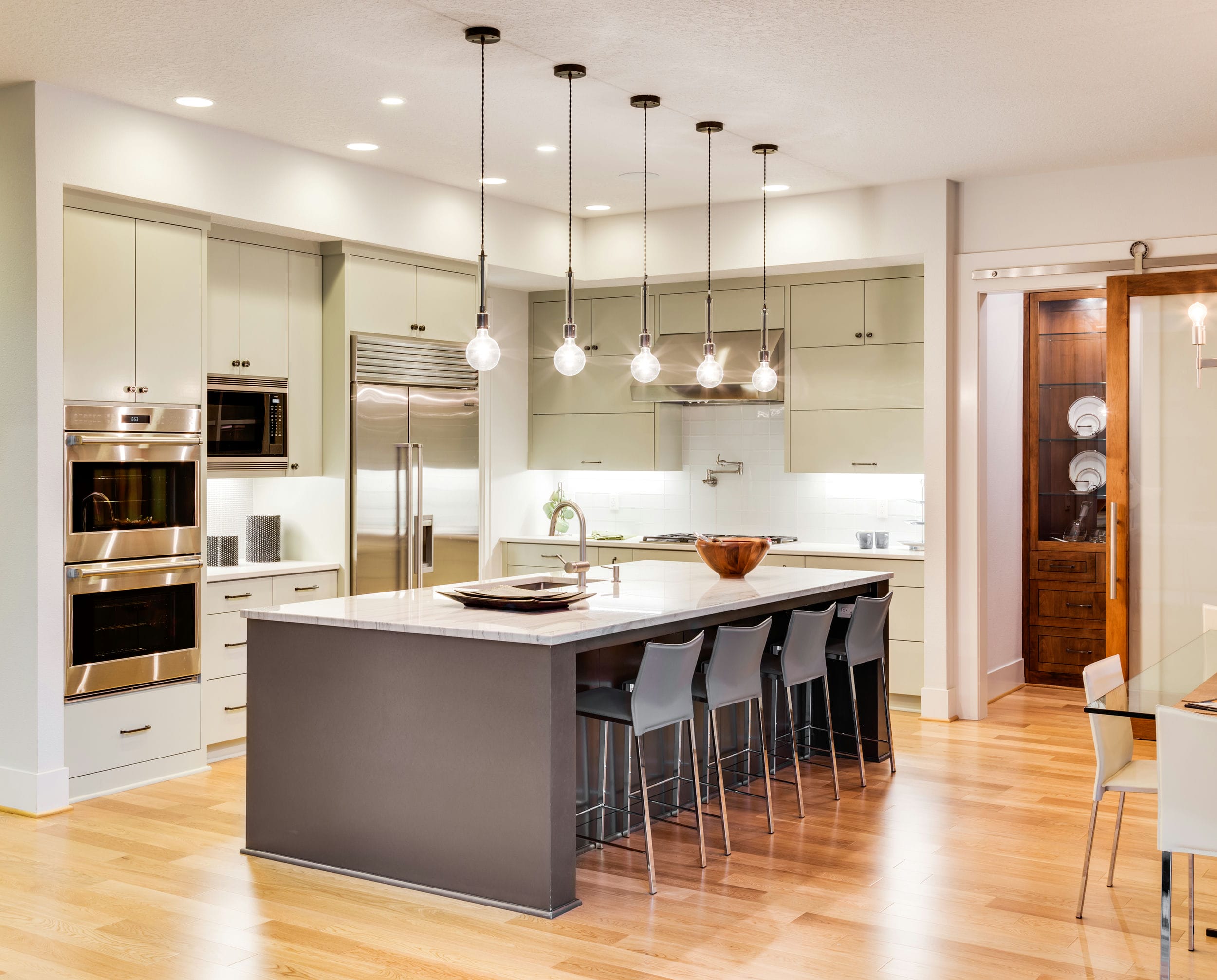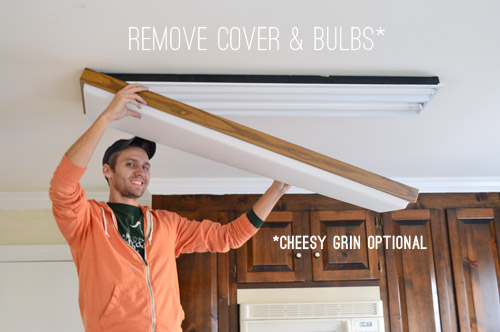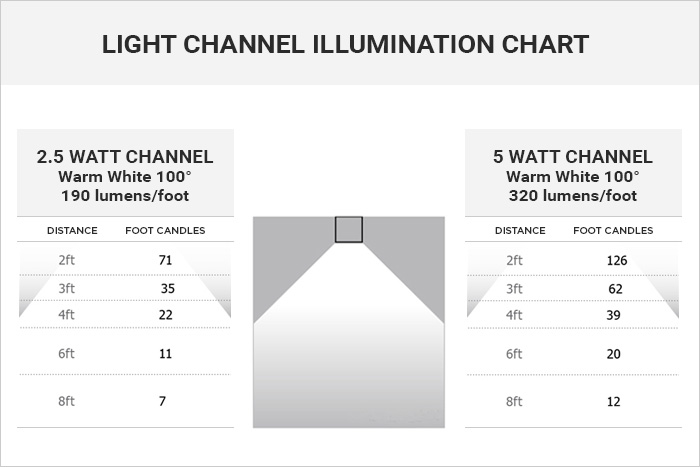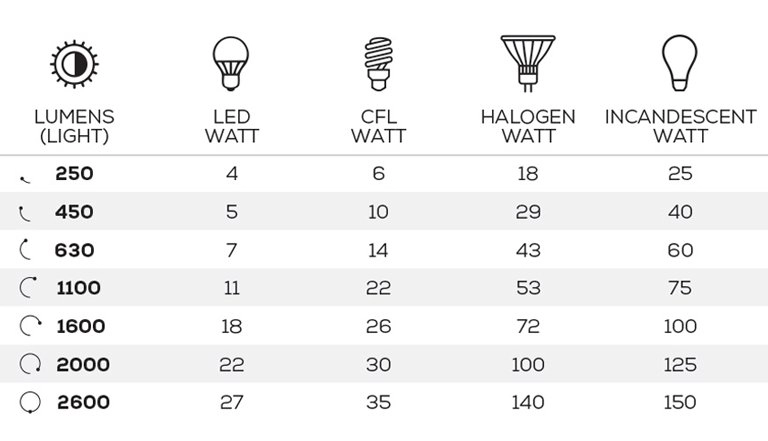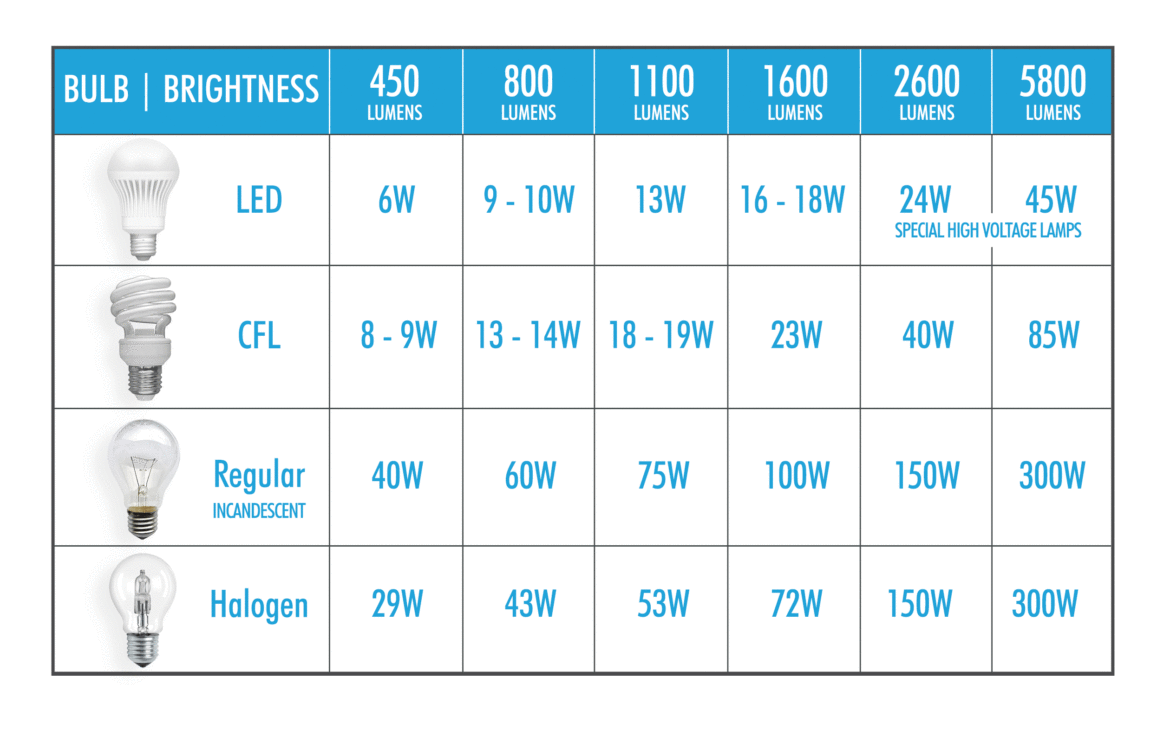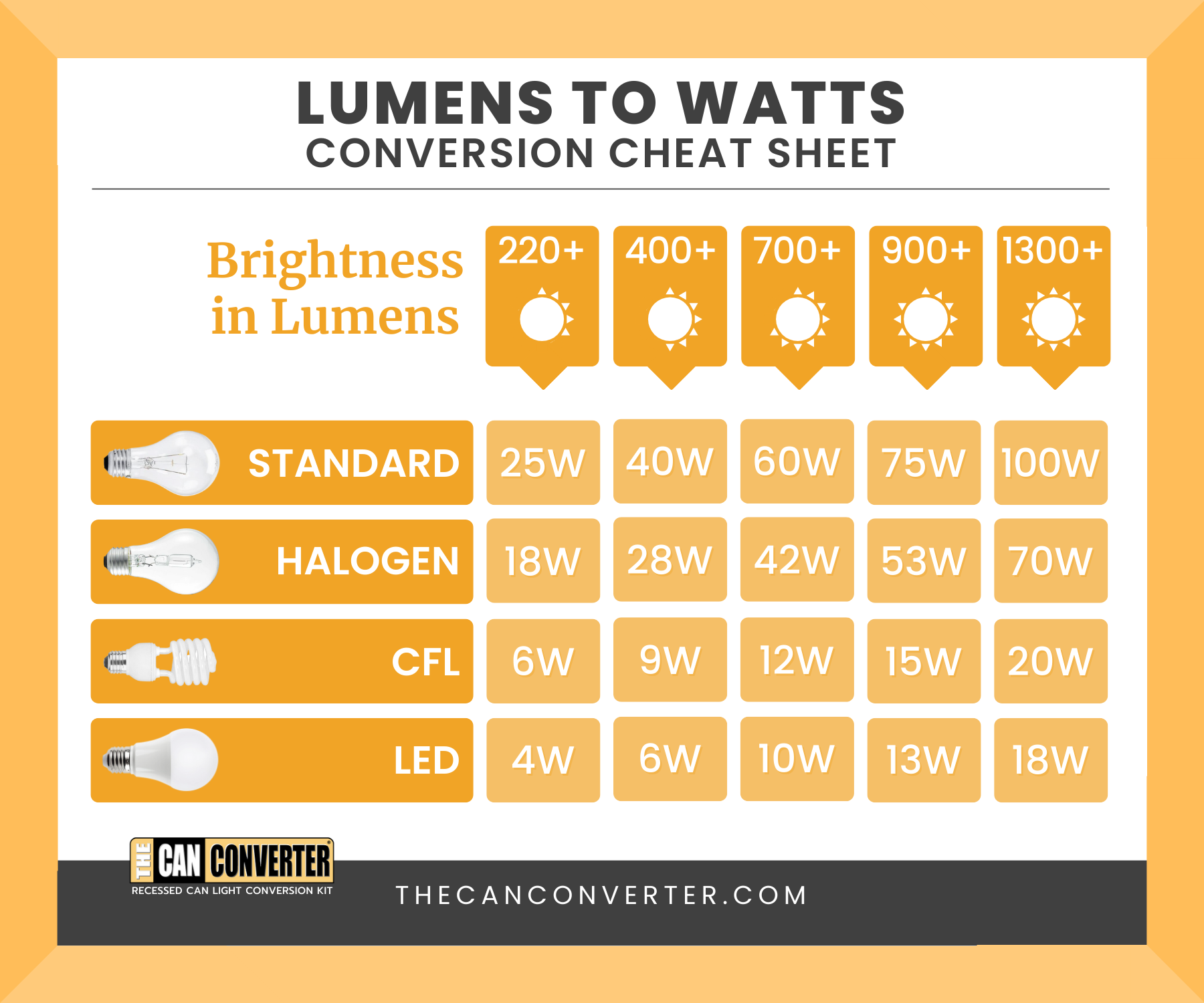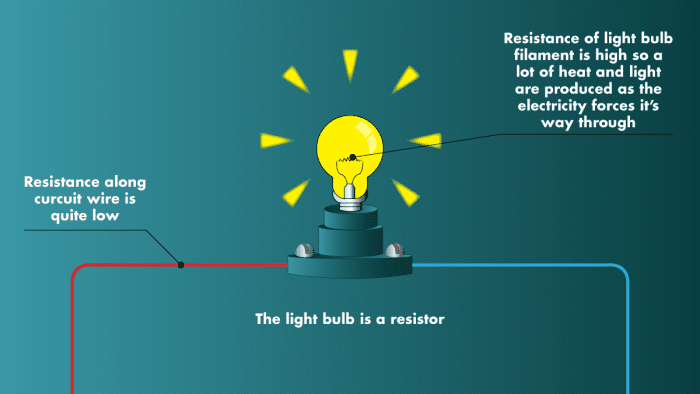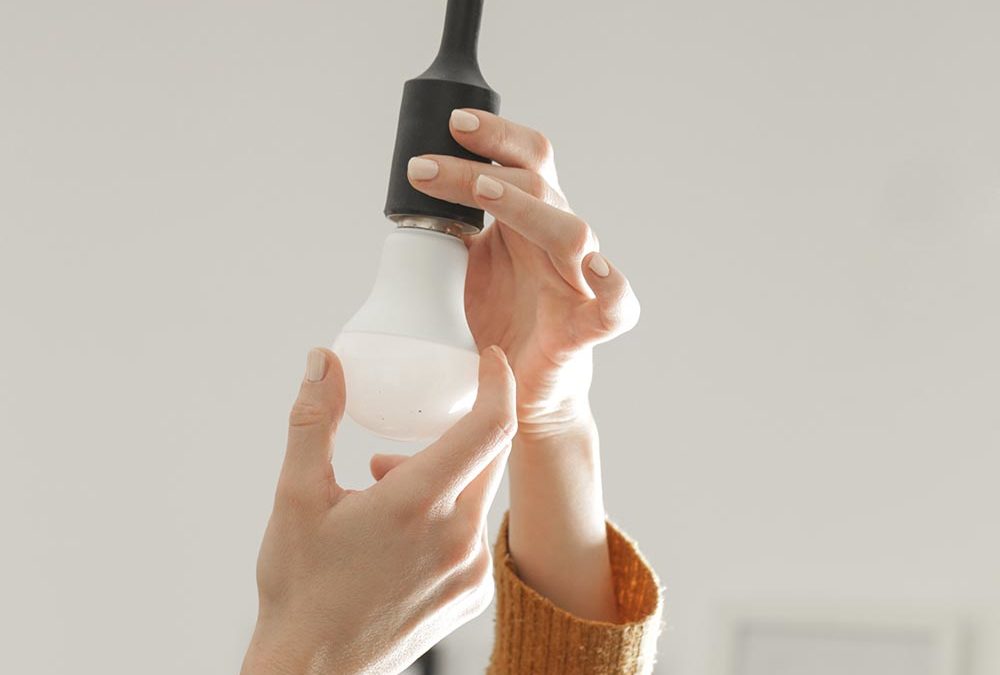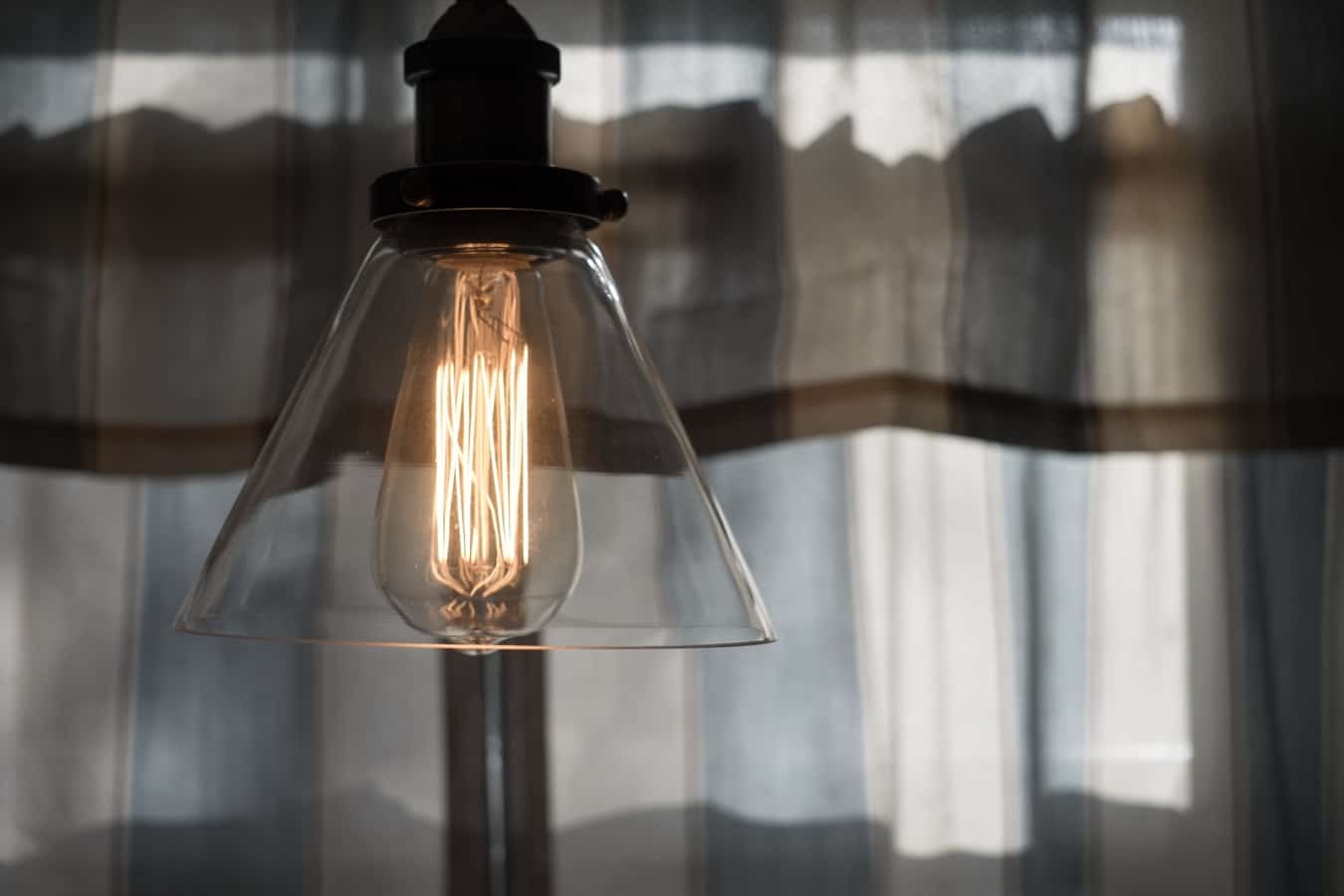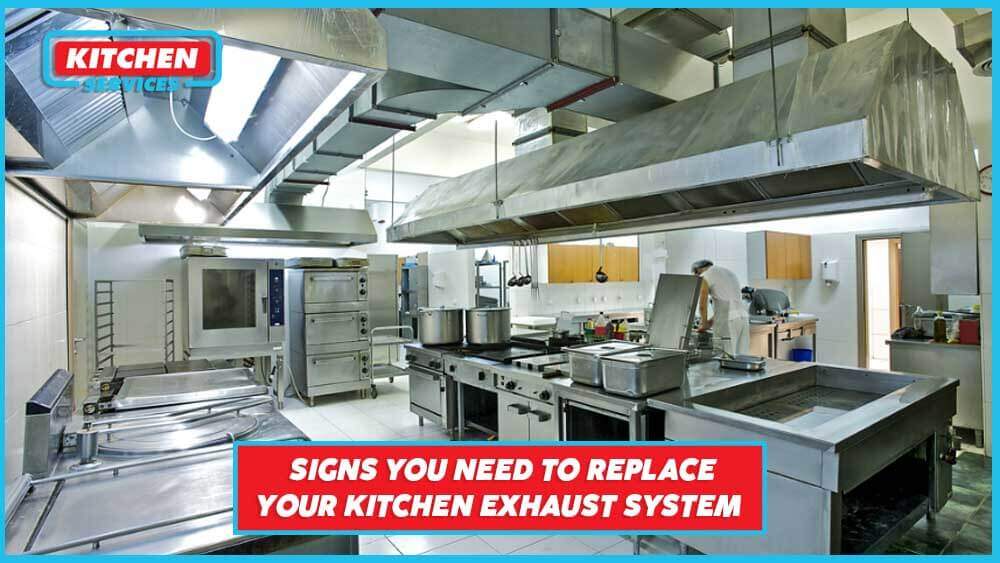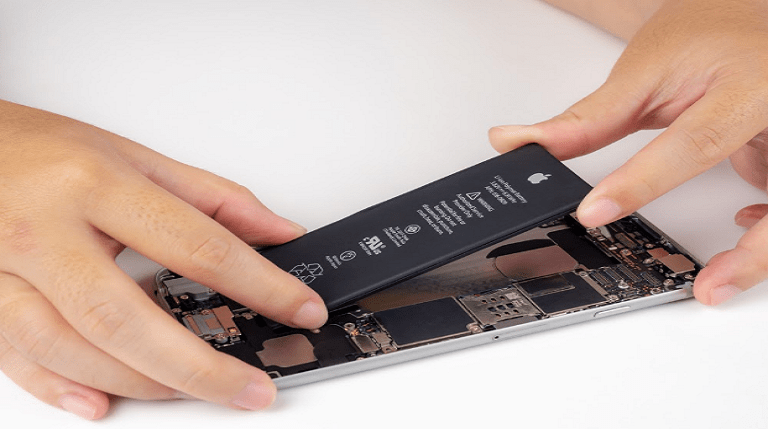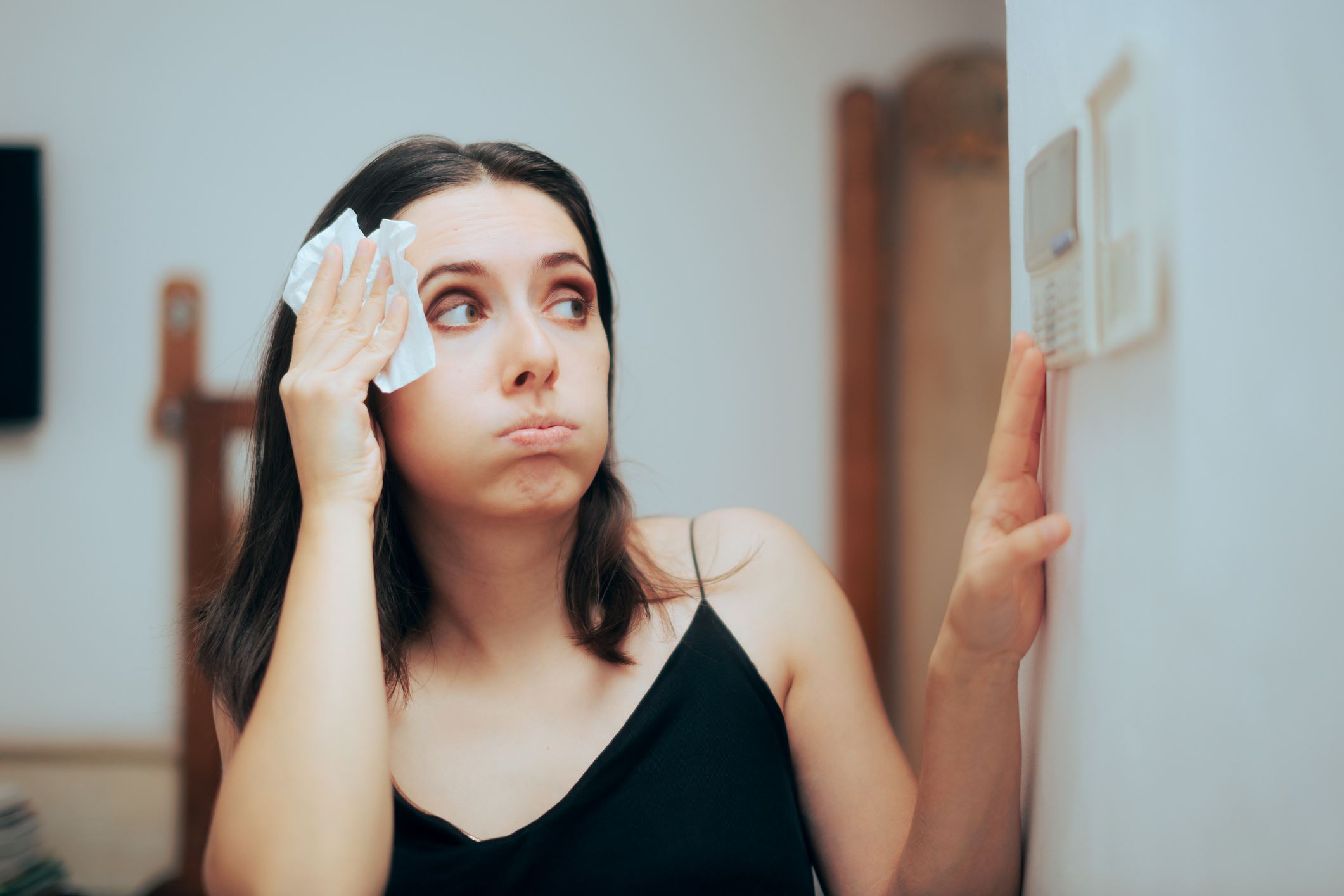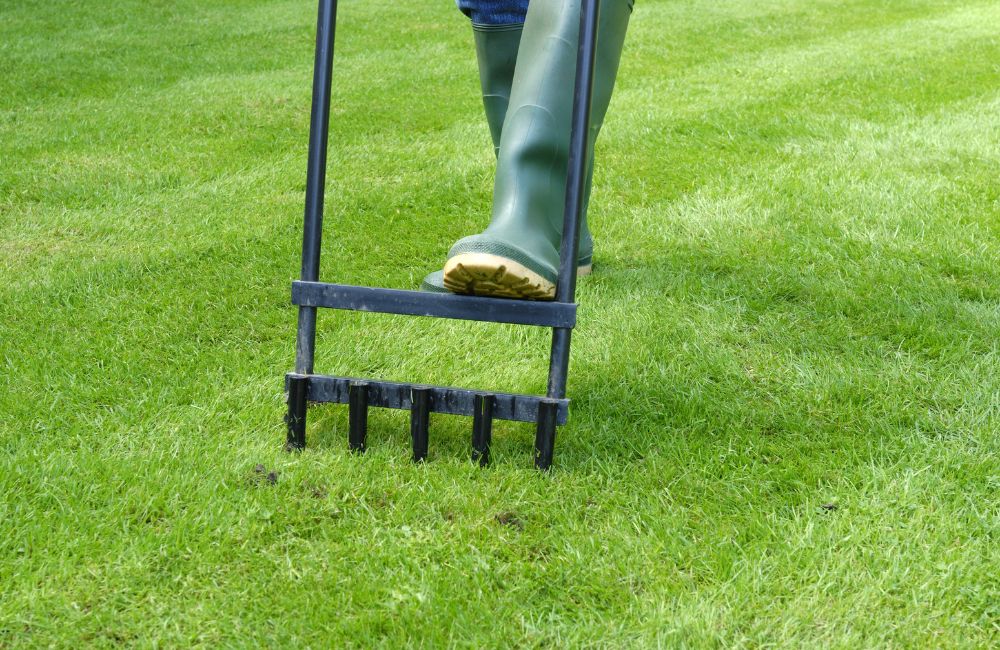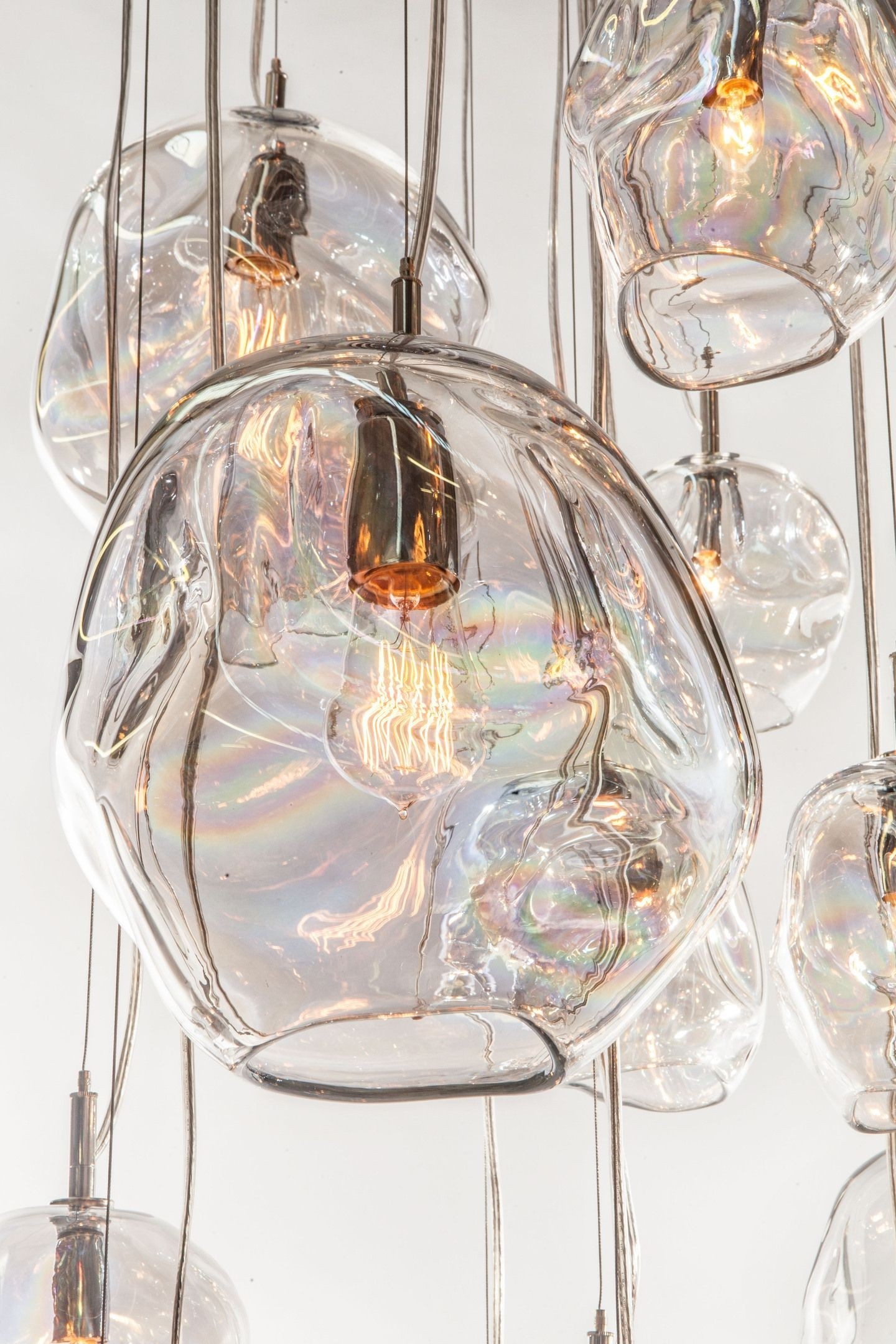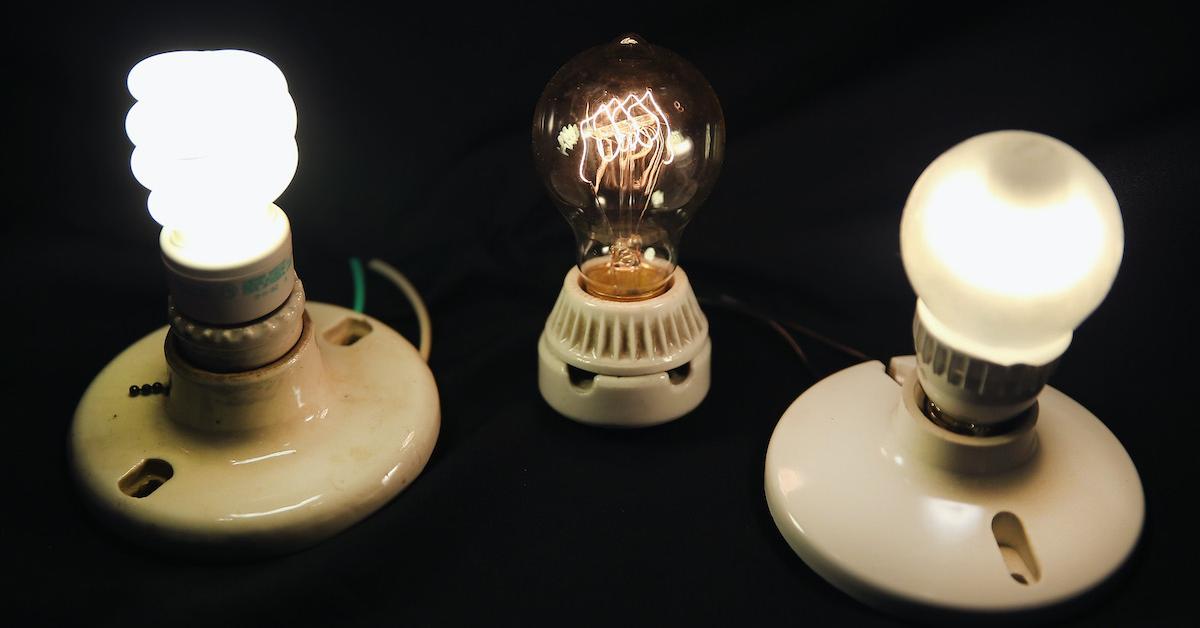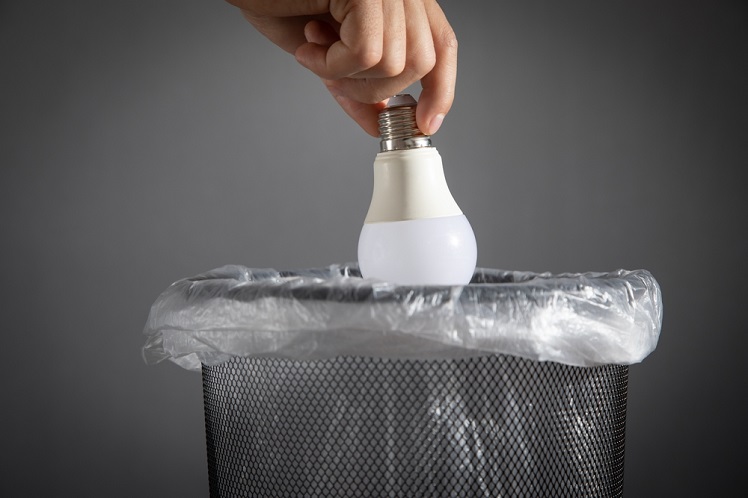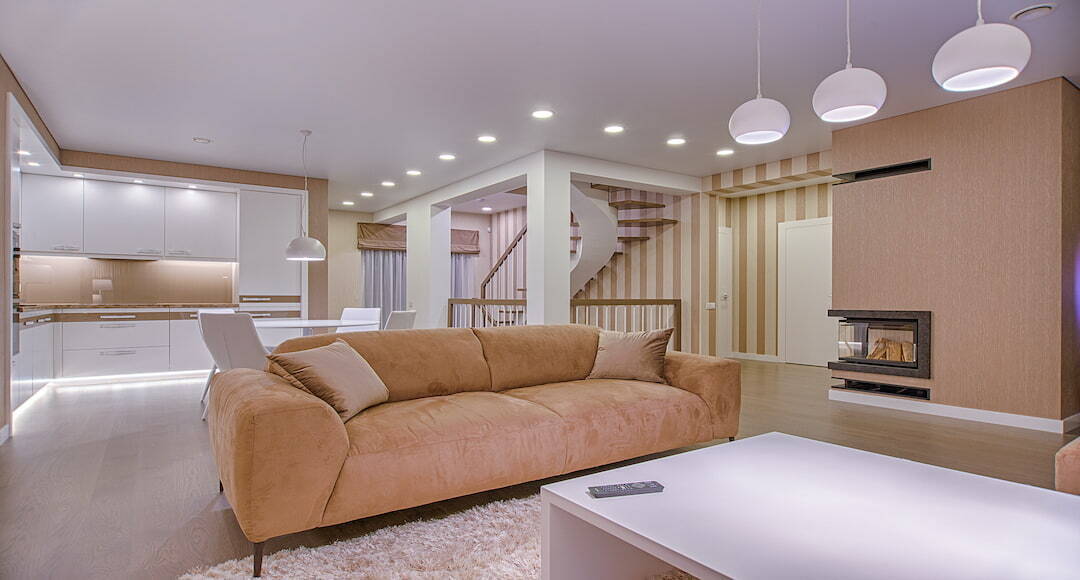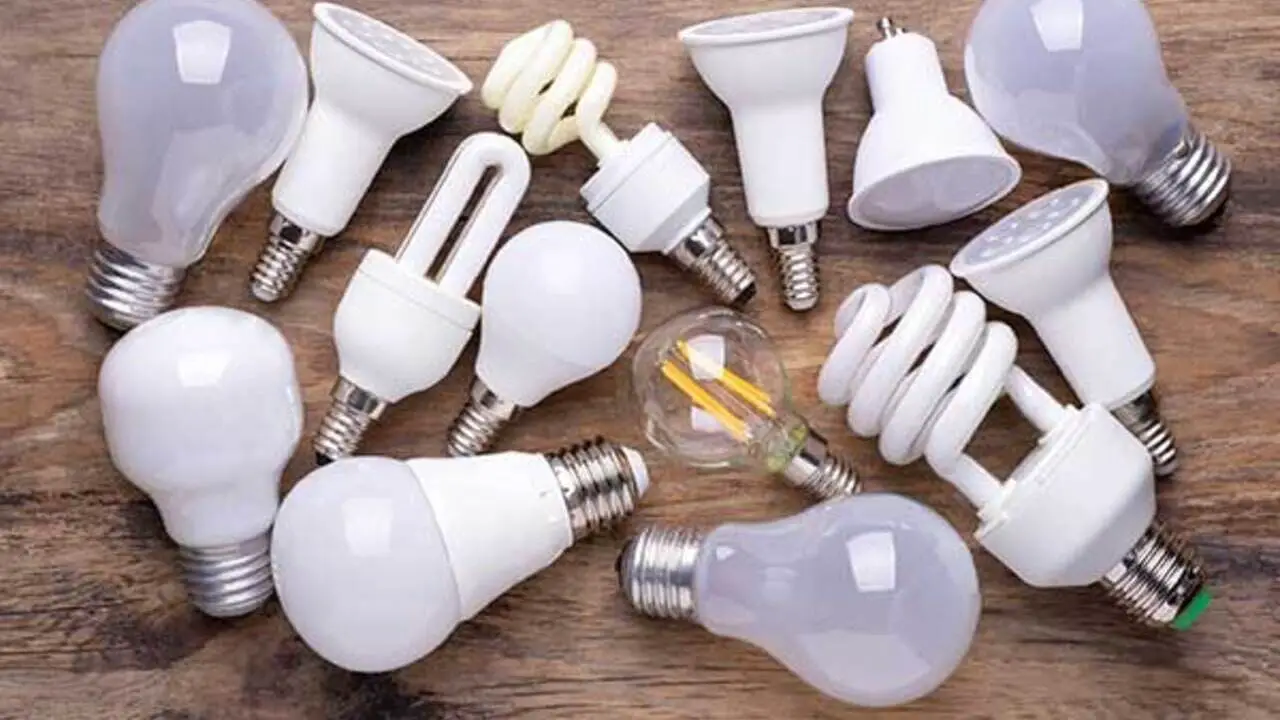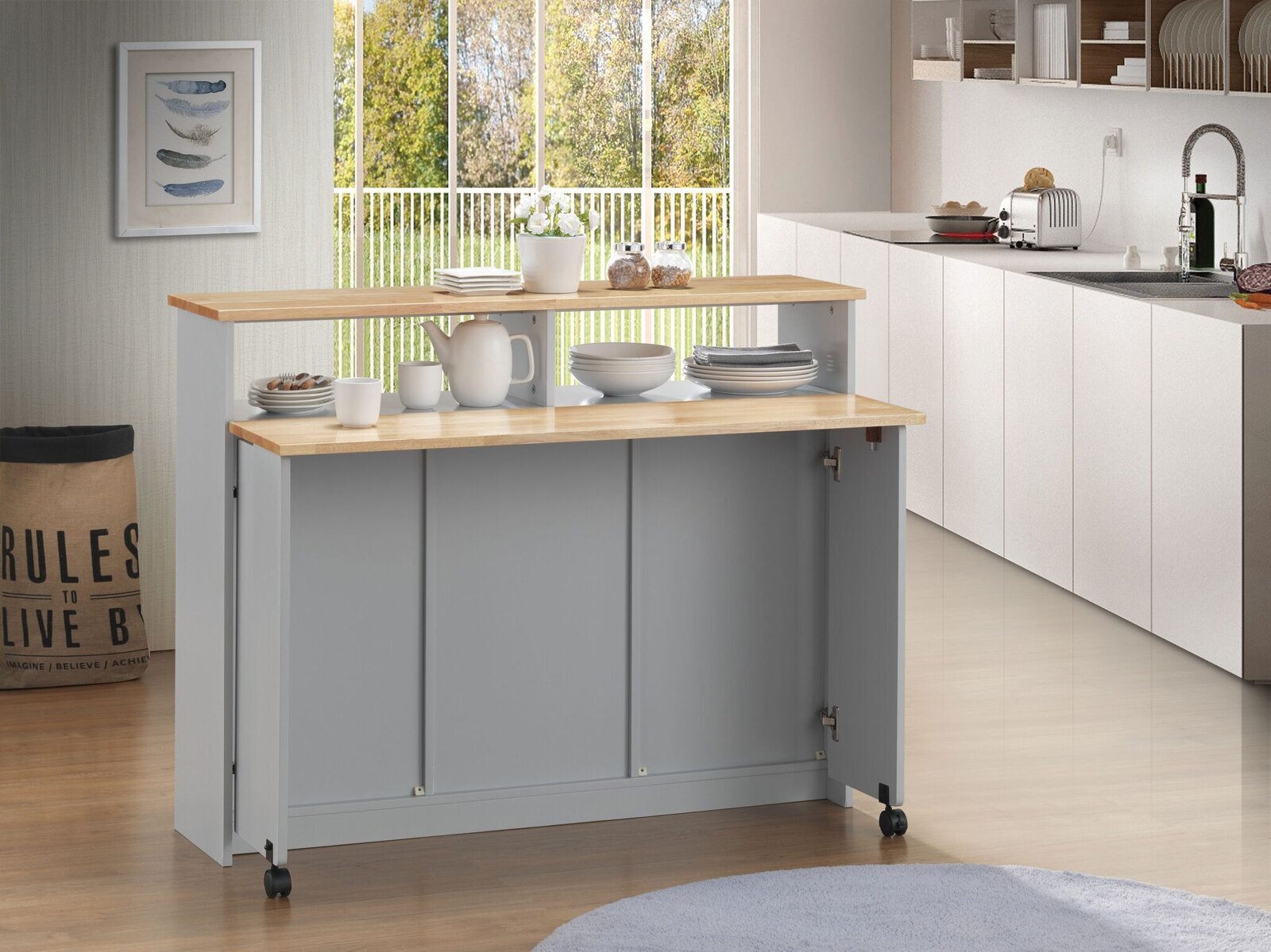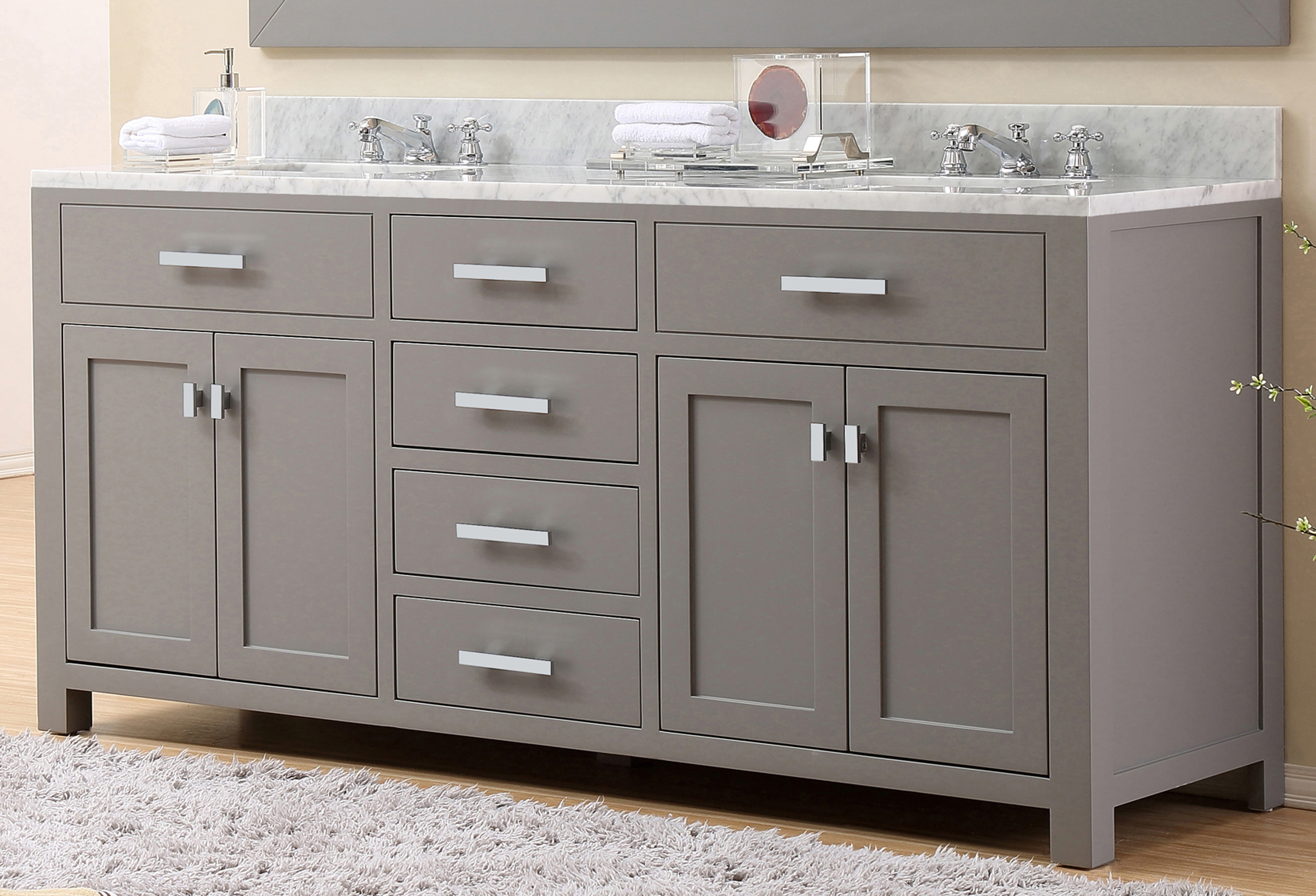If you're constantly finding yourself replacing blown kitchen light bulbs, you're not alone. This frustrating and inconvenient issue is a common problem for many homeowners. But why do kitchen light bulbs keep blowing? There are a few potential reasons for this recurring problem. One possible cause is that your kitchen light fixtures are not compatible with the bulbs you are using. The wattage and voltage of the bulbs may not match the requirements of the fixture, causing them to blow out. Another possibility is that there is an issue with the wiring in your kitchen, which can cause bulbs to burn out quickly. To determine the root cause of your blown kitchen light bulbs, it's important to troubleshoot and identify the specific issue. Let's take a closer look at how to fix a blown kitchen light bulb and prevent this issue from happening in the future.Why Do My Kitchen Light Bulbs Keep Blowing?
Replacing a blown kitchen light bulb is a simple fix, but it can become a hassle if it happens frequently. To fix a blown kitchen light bulb, follow these steps: 1. Turn off the power: Before attempting to replace the bulb, make sure to turn off the power to the fixture. This will prevent any electrical accidents or injuries. 2. Remove the old bulb: Once the power is off, carefully remove the old bulb. If it has shattered, use gloves or a cloth to avoid any cuts. 3. Inspect the fixture: Take a close look at the fixture to make sure there are no visible signs of damage or wear. If there are, it may be time to replace the fixture. 4. Replace the bulb: Choose a new bulb with the correct wattage and voltage for your fixture. Screw it in carefully and make sure it is secure. 5. Turn the power back on: Once the bulb is replaced, turn the power back on and test the light to make sure it is working properly. If the bulb continues to blow out, there may be a larger issue at play. In that case, it's best to consult a professional electrician for further troubleshooting.How to Fix a Blown Kitchen Light Bulb
As mentioned earlier, there are a few potential reasons why your kitchen light bulbs keep blowing. Here are some common causes to be aware of: 1. Incompatible fixtures: Using bulbs with the wrong wattage or voltage can cause them to blow out quickly. Make sure to check the specifications of your fixtures before purchasing bulbs. 2. Poor quality bulbs: Sometimes, cheap or low-quality bulbs can be the culprit. Invest in higher-quality bulbs from reputable brands to prevent frequent replacements. 3. Overheating: If your kitchen light fixture does not have proper ventilation, it can cause bulbs to overheat and burn out. Make sure to give your fixtures enough space for air circulation. 4. Electrical issues: Faulty wiring or electrical problems in your kitchen can cause bulbs to blow out frequently. If you suspect this may be the issue, it's best to have a professional electrician inspect your wiring.Common Causes of Blown Kitchen Light Bulbs
To avoid the frustration and inconvenience of constantly replacing blown kitchen light bulbs, here are some tips to help prevent them from blowing out: 1. Use the correct bulbs: Make sure to use bulbs with the correct wattage and voltage for your fixtures. 2. Invest in higher-quality bulbs: Spending a bit more on higher-quality bulbs can save you money and hassle in the long run. 3. Keep fixtures clean: Dust and dirt can build up on fixtures and cause bulbs to overheat. Regularly clean your fixtures to prevent this from happening. 4. Allow for proper ventilation: Make sure your fixtures have enough space for air circulation to prevent overheating.How to Prevent Kitchen Light Bulbs from Blowing
If you're still experiencing frequent blown kitchen light bulbs even after taking preventive measures, it may be time to troubleshoot the issue further. Here are some troubleshooting steps to follow: 1. Check the fixture: Make sure there are no signs of damage or wear on the fixture itself. 2. Try different bulbs: If you suspect the bulbs are the problem, try using different ones to see if the issue persists. 3. Inspect the wiring: If you're comfortable doing so, inspect the wiring in your kitchen for any signs of damage or wear. If you're unsure, it's best to consult a professional electrician. 4. Consider a different lighting solution: If the problem continues, it may be worth exploring alternative lighting options for your kitchen, such as LED lights, which have a longer lifespan.Troubleshooting Kitchen Light Bulb Issues
While replacing a blown kitchen light bulb may seem like a simple task, there are a few tips and tricks that can make the process easier and safer: 1. Use gloves: To avoid any potential cuts from shattered bulbs, it's best to wear gloves when handling them. 2. Use a cloth: If the bulb has shattered, use a cloth to carefully remove any remaining pieces. 3. Turn off the power: Always remember to turn off the power before attempting to replace a bulb to prevent any accidents. 4. Dispose of bulbs safely: Blown light bulbs cannot be disposed of in regular household trash. Check with your local waste management to find out the proper way to dispose of them.Replacing Kitchen Light Bulbs: Tips and Tricks
When it comes to kitchen light bulbs, understanding wattage and voltage is essential. Wattage refers to the amount of power the bulb uses, while voltage refers to the amount of electricity it requires to operate. It's important to use bulbs with the correct wattage and voltage for your fixtures to prevent them from blowing out. If you're unsure of the wattage and voltage requirements for your fixtures, consult the manufacturer's instructions or consult a professional electrician for assistance.Understanding Wattage and Voltage for Kitchen Light Bulbs
With so many different types of light bulbs on the market, it can be overwhelming to choose the right ones for your kitchen fixtures. Here are a few things to keep in mind when selecting bulbs: 1. Consider the fixture: Make sure to choose bulbs that are compatible with the wattage and voltage requirements of your fixtures. 2. Determine the level of brightness: Different bulbs have different levels of brightness, so consider the amount of light you need in your kitchen when making your selection. 3. Look for energy-efficient options: LED bulbs are a popular and energy-efficient choice for kitchen lighting. 4. Consider the color temperature: Bulbs come in different color temperatures, from cool white to warm white. Consider the ambiance you want to create in your kitchen when choosing the color temperature.Choosing the Right Kitchen Light Bulbs for Your Fixtures
While blown kitchen light bulbs are a clear sign that they need to be replaced, there are a few other signs to watch out for: 1. Flickering or dimming: If your bulbs are flickering or dimming, it could be a sign that they are reaching the end of their lifespan. 2. Discoloration: If the light emitted from your bulbs has a yellow or brown tint, it's time to replace them. 3. Inconsistent light: If some bulbs in your kitchen are brighter than others, it may be a sign that they need to be replaced.Signs You Need to Replace Your Kitchen Light Bulbs
As mentioned earlier, blown light bulbs cannot be disposed of in regular household trash. Here are a few options for safely disposing of them: 1. Recycling centers: Some recycling centers accept light bulbs for proper disposal. 2. Retail stores: Some hardware or home improvement stores have drop-off locations for old light bulbs. 3. Hazardous waste facilities: Check with your local hazardous waste facility to see if they accept light bulbs for disposal. In conclusion, dealing with blown kitchen light bulbs can be a frustrating and inconvenient issue. However, by understanding the common causes and taking preventive measures, you can minimize the frequency of this problem. If the issue persists, it may be time to consult a professional electrician for further assistance. Remember to always handle and dispose of blown light bulbs safely to protect yourself and the environment.How to Safely Dispose of Blown Kitchen Light Bulbs
Why Your Kitchen Light Bulbs Keep Blowing and How to Fix It

If you're constantly having to replace the light bulbs in your kitchen, you're not alone. Many homeowners experience the frustration of kitchen light bulbs blowing on a regular basis. Not only is it an inconvenience, but it can also be a safety hazard if left unchecked. In this article, we'll explore the common causes of kitchen light bulbs blowing and provide some tips on how to fix the issue.
The Main Culprits
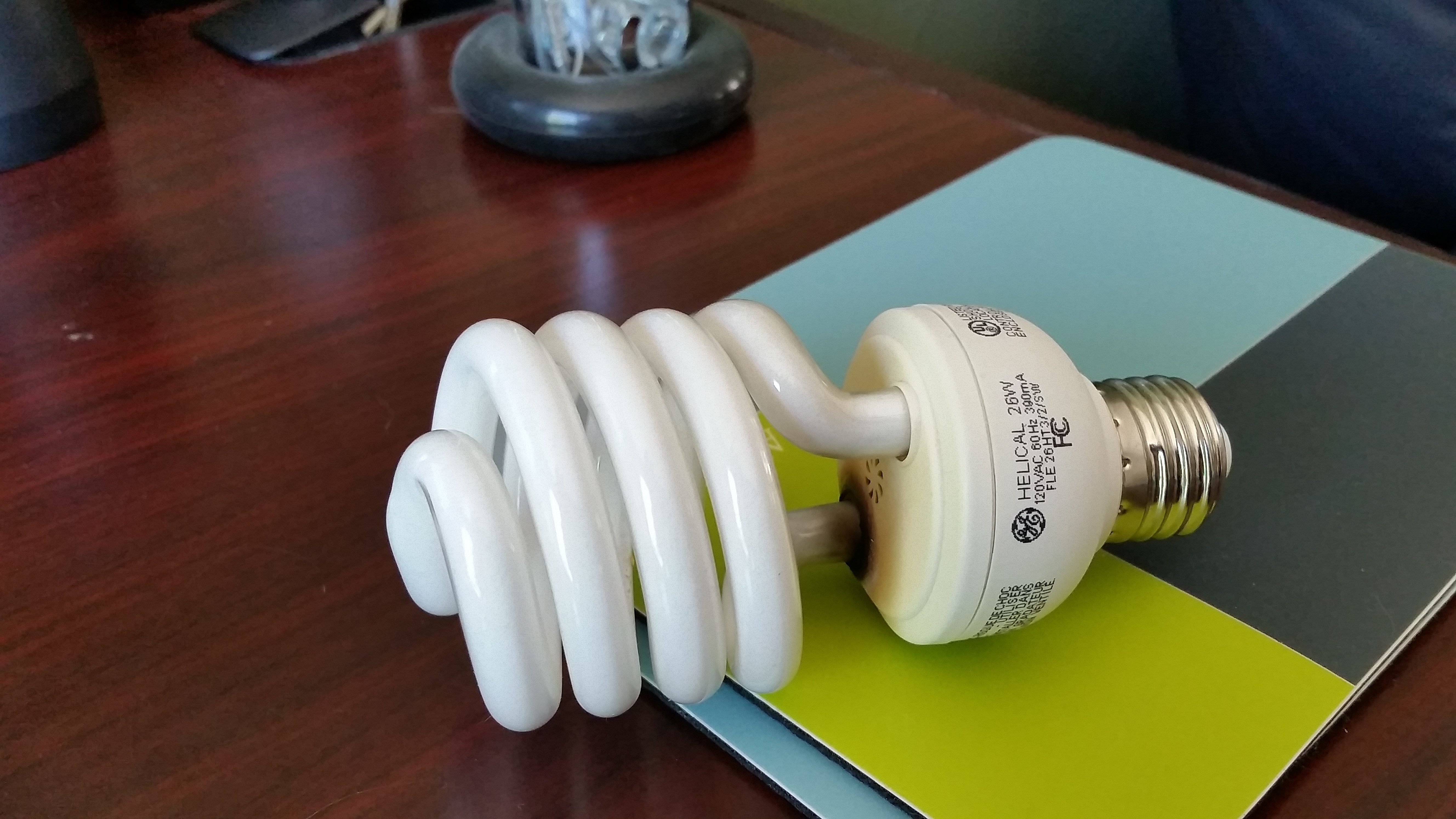
There are several reasons why your kitchen light bulbs may be blowing. One of the most common causes is voltage fluctuations. If the voltage in your home is too high, it can cause the filament in the light bulb to overheat and burn out quickly. On the other hand, if the voltage is too low, it can cause the light bulb to flicker and burn out prematurely.
Another culprit could be the type of light bulb you're using. Incandescent light bulbs, which are the traditional type of bulb with a filament, are more susceptible to blowing due to their delicate nature. LED light bulbs, on the other hand, are more durable and have a longer lifespan.
How to Fix It

Now that you know some of the common causes, here are some tips on how to fix the issue of kitchen light bulbs blowing :
1. Check the voltage - If you suspect that voltage fluctuations are the problem, you can purchase a voltage tester from your local hardware store to measure the voltage in your home. If it's too high or too low, you may need to call an electrician to make adjustments.
2. Replace with LED bulbs - Consider switching to LED light bulbs. They may be more expensive upfront, but they have a longer lifespan and use less energy, saving you money in the long run.
3. Check for loose connections - Sometimes, loose connections can cause bulbs to blow. Make sure all the connections in your light fixtures are secure and tighten any loose screws.
4. Clean fixtures and bulbs - Dust and debris can also contribute to bulbs blowing. Make sure to clean your light fixtures and bulbs regularly to keep them in good working condition.
Conclusion

Dealing with constantly blowing kitchen light bulbs can be frustrating, but with these tips, you can identify the main causes and take steps to fix the issue. Remember to always practice safety when dealing with electrical components and consult a professional if you're unsure. With the right approach, you can keep your kitchen well-lit and avoid the hassle of constantly replacing bulbs.

